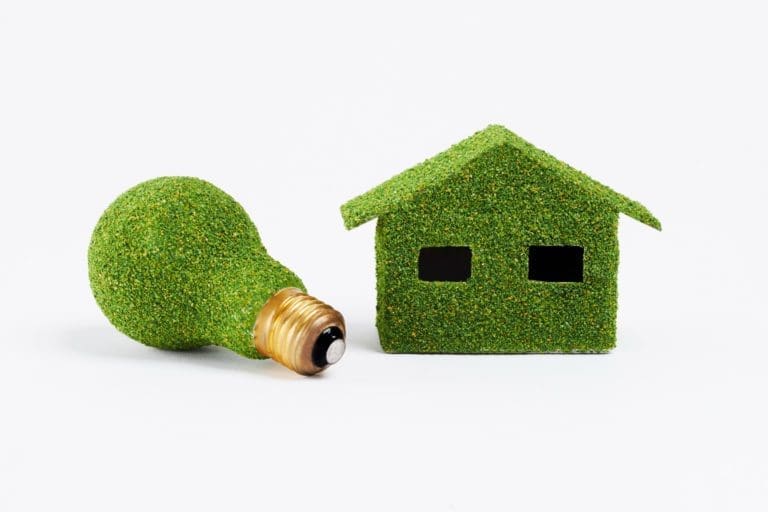In an age where environmental concerns take center stage, finding ways to make our homes more eco-friendly is crucial. One area that holds great potential for reducing our carbon footprint is heating. As we strive for energy efficiency and sustainability, the demand for innovative heating solutions for eco-friendly homes is on the rise. This article delves into the world of sustainable heating, providing insights, options, and guidance for homeowners who want to keep their homes warm while treading lightly on the planet.
Sustainable Heating Solutions for Eco-Friendly Homes
Sustainable heating solutions for eco-friendly homes encompass a range of technologies and practices that prioritise energy efficiency and environmental impact. By embracing these solutions, homeowners can enjoy comfortable indoor temperatures without compromising the well-being of the planet.
Solar Thermal Systems: Harnessing the Power of the Sun
Solar thermal systems are a prime example of harnessing renewable energy for heating purposes. These systems use solar collectors to absorb sunlight and convert it into heat energy, which is then used to warm water for domestic use or space heating. The collected heat can be stored and distributed as needed, making it a reliable and eco-friendly heating option.
Geothermal Heat Pumps: Tapping into Earth’s Constant Temperature
Geothermal heat pumps take advantage of the earth’s consistent underground temperature. By using a series of pipes buried in the ground, these systems transfer heat to and from the earth to provide heating and cooling for homes. They are highly efficient and can significantly reduce energy consumption and greenhouse gas emissions.
Biomass Heating: Embracing Renewable Organic Matter
Biomass heating involves burning organic materials like wood pellets, agricultural residues, and even dedicated energy crops. This process releases carbon dioxide, but it is balanced by the carbon absorbed during the growth of the biomass. When sourced sustainably, biomass heating can be carbon-neutral and contribute to reducing reliance on fossil fuels.
Heat Pumps: Moving Heat Efficiently
Heat pumps work by transferring heat from one place to another using a refrigerant. They can extract heat from the air, ground, or water sources, making them versatile options for various climates. Air-source heat pumps are particularly popular due to their ease of installation and relatively low upfront costs.
Radiant Floor Heating: Efficient and Comfortable
Radiant floor heating involves installing pipes or electric heating elements beneath the floor surface. This system heats the floor, which then radiates warmth evenly throughout the room. Not only is this method energy-efficient, but it also eliminates the need for forced-air systems, reducing allergens and promoting better indoor air quality.
Smart Thermostats: Intelligent Temperature Control
Smart thermostats empower homeowners to optimise their heating systems by learning their preferences and schedules. These devices can automatically adjust temperatures based on occupancy and time of day, ensuring energy is not wasted when heating is unnecessary.
Passive Solar Design: Working with Nature
Passive solar design focuses on orienting a home’s layout and features to maximise natural solar heat gain during the winter months. This approach involves strategic placement of windows, thermal mass materials, and shading elements to regulate indoor temperatures without the need for active heating systems.s

Solar thermal systems can lead to significant savings on heating costs, potentially reducing your energy bills by up to 70% depending on your location and system size.
Geothermal heat pumps can work effectively in various soil types, but the performance may vary. Conducting a soil analysis before installation can help determine the suitability and efficiency of the system.
Biomass heating can be carbon-neutral when sourced sustainably. It’s important to use certified biomass fuels and adhere to proper combustion practices to ensure minimal environmental impact.
Yes, radiant floor heating can be installed in existing homes, although the process may involve some renovation work to accommodate the heating elements and insulation.
Smart thermostats optimise heating schedules based on your routine, reducing energy consumption by avoiding unnecessary heating when you’re away or asleep.
Passive solar design principles can be applied in various climates, not just sunny ones. The key is to adapt the design to maximize solar heat gain while considering local climate conditions.
As we strive to create a more sustainable future, the choices we make in our homes play a crucial role. Sustainable heating solutions for eco-friendly homes offer a path towards reducing energy consumption, minimising greenhouse gas emissions, and enjoying comfortable living spaces. Whether it’s harnessing the power of the sun, tapping into the earth’s resources, or embracing innovative technologies, homeowners have a wealth of options to choose from. By adopting these solutions, we can contribute to a healthier planet while still enjoying the warmth and comfort we desire.

